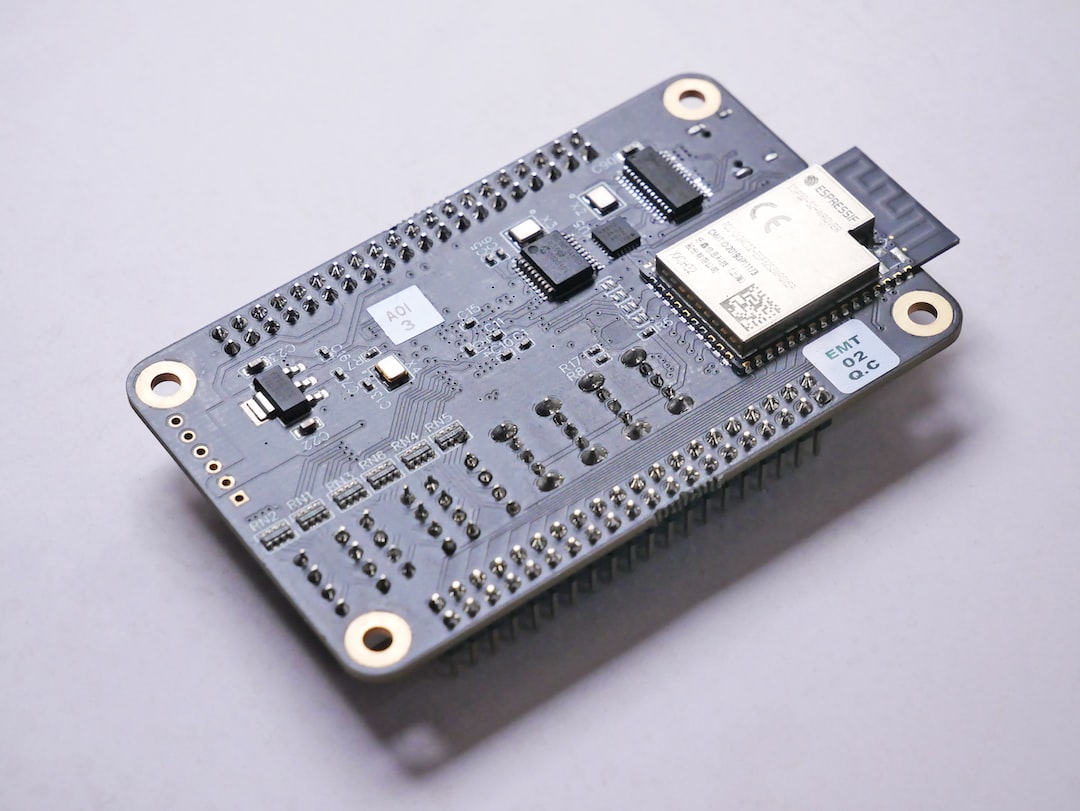Understanding the Role of Artificial Intelligence in Manufacturing
Artificial Intelligence (AI) has proven to be a game-changer in various industries, and manufacturing is no exception. The incorporation of AI in manufacturing processes has revolutionized the way operations are conducted, leading to increased efficiency, productivity, and cost savings. This blog post explores the role of AI in manufacturing and its potential impact on future developments.
One of the major areas where AI has made significant contributions is in predictive maintenance. Traditional maintenance practices often follow a reactive approach, where equipment is repaired or replaced after a breakdown occurs, leading to costly downtime. However, with AI-powered predictive maintenance systems, manufacturers can now identify potential machine failures in advance. By collecting and analyzing data from sensors embedded in equipment, AI algorithms can predict maintenance requirements and alert operators before a breakdown occurs. This proactive approach not only reduces downtime but also extends the lifespan of machinery, resulting in enormous cost savings for manufacturers.
AI is also transforming the manufacturing process itself by optimizing product quality. In traditional production lines, defects and errors can occur, leading to waste and subpar products. However, AI can analyze data from sensors and cameras to monitor production parameters in real-time. By continuously monitoring key indicators, AI algorithms can detect anomalies and deviations, thus ensuring consistent product quality. In addition, AI can automatically adjust process parameters to minimize defects and improve overall production quality. This leads to increased customer satisfaction and reduced waste, as defective products are identified and eliminated at an earlier stage.
Furthermore, AI has the potential to revolutionize supply chain management in the manufacturing industry. By leveraging AI, manufacturers can forecast demand more accurately, improving inventory management and reducing stockouts or excesses. AI algorithms analyze historical sales data, market trends, and external factors to generate accurate demand forecasts, allowing manufacturers to optimize production schedules and minimize inventory holding costs. Additionally, AI can enhance supply chain visibility by monitoring and analyzing various data sources, such as shipping and logistics data, to identify bottlenecks or inefficiencies in the supply chain. By identifying areas for improvement, manufacturers can streamline their operations, reduce costs, and improve overall supply chain performance.
Another key area where AI is making a difference is in enhancing worker safety. Manufacturing operations can be dangerous, with workers often exposed to hazardous environments, heavy machinery, and repetitive tasks. AI-powered robots and cobots (collaborative robots) can be deployed to perform hazardous or repetitive tasks, removing the need for human intervention and minimizing the risk of accidents or injuries. These robots can be programmed to follow safety protocols and perform tasks with precision and speed, leading to increased productivity and improved worker safety.
Moreover, AI can greatly improve decision-making processes in manufacturing. By analyzing vast amounts of data from different sources, AI algorithms can derive insights and patterns that humans may not be able to identify. This allows manufacturers to make data-driven decisions and optimize various aspects of their operations, from production planning to inventory management and quality control. By harnessing AI’s analytical capabilities, manufacturers can optimize efficiency, reduce costs, and gain a competitive edge in the industry.
However, it is important to note that the integration of AI in manufacturing comes with its own challenges. One of the major concerns is the potential displacement of human workers. As more tasks become automated, there is a fear that jobs may be lost. However, proponents argue that while certain repetitive or hazardous tasks may be taken over by robots, the role of human workers will evolve to focus on more creative and complex tasks. To fully harness the potential of AI in manufacturing, it is crucial to ensure that workers are reskilled and upskilled to adapt to the changing demands of the industry.
In conclusion, AI is playing a pivotal role in transforming the manufacturing industry. From predictive maintenance and quality optimization to supply chain management and worker safety, AI has the potential to revolutionize various aspects of manufacturing operations. While challenges such as job displacement exist, the benefits of AI integration in manufacturing far outweigh the concerns. As technology continues to evolve, it is essential for manufacturers to embrace AI and leverage its capabilities to stay competitive in an increasingly digital world.

